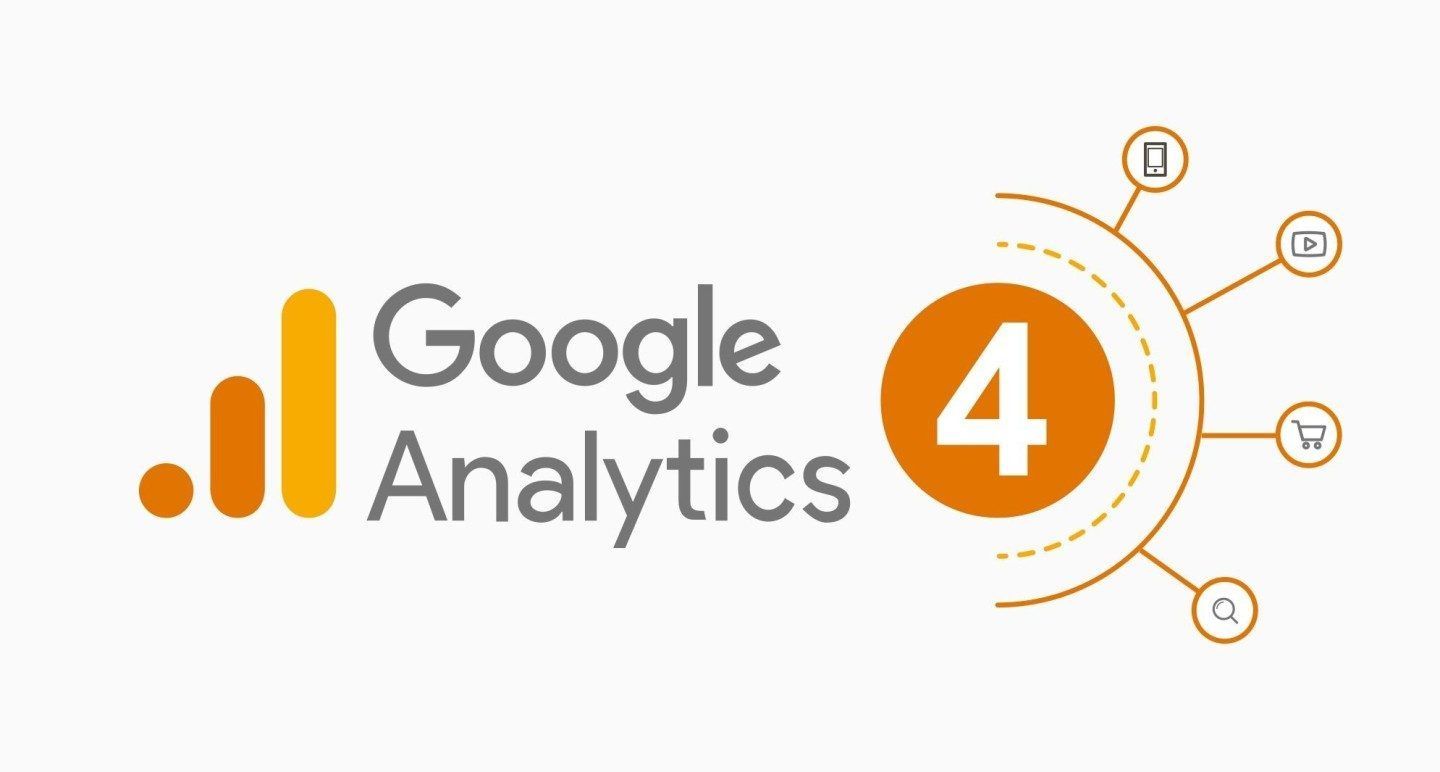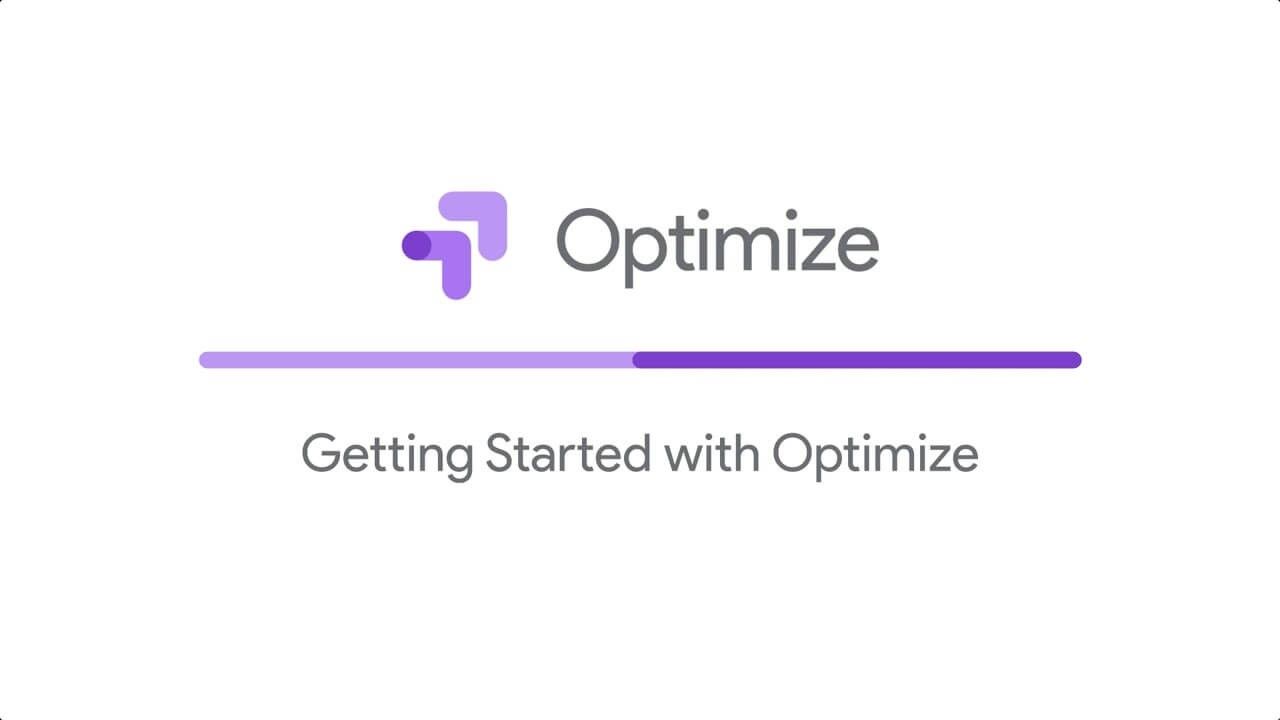
March 2, 2025
Artificial Intelligence is no longer just a tool—it’s evolving into something more powerful, more independent, and more capable of transforming industries at a fundamental level. Enter agentic AI, a new breed of AI that doesn’t just follow rules—it makes its own decisions, autonomously optimising and executing complex tasks with minimal human intervention.

By Timur Totikov
•
January 12, 2025
New Zealand’s small and medium-sized enterprises (SMEs) are feeling the pressure as the recession tightens its grip. For many business owners, cutting costs and maximizing efficiency are top priorities. One of the smartest moves you can make during these tough times is taking control of your digital marketing strategy. By learning to manage your marketing in-house, you can save money, drive growth, and future-proof your business.

By Glen Maguire
•
October 25, 2024
In the bustling digital marketplace where your website is competing against millions, standing out is not just crucial; it’s survival. Here’s something you might not know: Artificial Intelligence (AI) has become the silent warrior in the battle for SEO supremacy. And guess what? You too can harness its power.

By Glen Maguire
•
October 20, 2024
Although AI has the potential to automate many of the tasks associated with digital marketing, likely, it will only partially replace digital marketers. AI tools still need to be improved in their ability to understand customer intent and preferences fully, and as such, they will remain dependent on human input.

By Glen Maguire
•
May 30, 2022
Tips for Migrating to Google Analytics 4 (GA4) Running a website, e-commerce store, or sale app without Google Analytics is like punching in the dark. You don’t see your target. What is Google Analytics? Google Analytics is a free tool that enables you to keep track of your visitors by collecting important data about them.The software shows you the number of page views, page impressions, clicks, the number of visitors, returning visitors, etc. The software also shows you important demographic data like country and the type of device used.

By Glen Maguire
•
April 21, 2020
For several years, businesses have been transitioning from traditional bricks and mortar models to those that incorporate an online and digital presence. That transition might have been slow, but efforts were certainly ramped up as the respiratory disease COVID-19 spread throughout the world. Now, businesses are making sure they can provide service during New Zealand’s alert level 4 lockdown by moving as much as they can online. However, several companies are sure to have noticed a slow-down during this time. This means there is certainly not as much to fill the working week as there was before. While you could focus on getting a few odd jobs completed around the home, wouldn’t your time be better spent doing those things for your business that you just never had time for before? eLearning can help E-learning is the process of learning a new skill online or partaking in educational programs online. With the entire country at home, it’s now more relevant than ever before to use the internet for guidance on how to manage parts of your business. Does your business need to upskill in a particular area, such as search engine marketing or social media marketing? Are there things you could be doing better to manage your current and future customers during this trying time? You don’t need to sit in a classroom to learn new skills to benefit your business. Everything you need is now at your fingertips in the digital world. DIY Many people in lockdown are using this time to paint their fences, tend to their gardens, and scrub their homes from top to bottom. Those are all worthwhile things to do, but DIY skills can also relate to learning new skills online that could ultimately put your business in a strong position once the alert levels in New Zealand are lowered. Traditionally, SEO , social media marketing , Google Ads , and analytics are all things that businesses could learn about from experts in person. While those services and training sessions will still be available once the lockdown is lifted, they are now available online in the interim. You have more time, so why not take advantage? By learning these skills online yourself, you and your business experience a multitude of benefits. You have more control over your costs and expenditure related to marketing, and you don’t have to pay an agency to look after them for you. As you are learning things that can boost your business profits, better cash flow is also a likely benefit. Learn Digital Marketing from Experts You’re at home, and businesses are around you at home, so you can guarantee that digital marketing experts in New Zealand are also at home. As a result, you don’t have to learn new, valuable skills for your company on your own. E-learning is about tapping into the knowledge of experts as you would in a classroom setting, but in a purely digital sense. The best SEO and marketing experts are on hand to help business owners and their teams learn SEO, social media marketing, migrate to GA4 and more, in E-learning courses online. Benefits of Managing Digital Marketing Yourself There will always be search engine marketing companies ready and able to manage your firm’s online presence. However, there is also no harm in learning the skills to take care of it yourself. In this particularly trying economic time , cutting costs and saving money is paramount. It’s crucial not to stop your current online marketing practices, but savings can be made through managing those practices yourself. E-learning courses dedicated to teaching you those skills can offer several benefits. You come to understand why e-marketing is so important, and you learn about the many techniques that can be relevant to your unique business model. Everything from Google ads and analytics to social media marketing and content now makes a whole lot more sense. Better yet, you now have the time to give them as much attention as they require. Find E-Learning Courses to Suit Your Business When it comes to learning digital marketing strategies for your business, you’re not short of options. An abundance of E-learning courses are available online, such as SEO & SEM short courses, SEO training courses, social media short courses, and more. Think about what you want to achieve in your business after lockdown, and how you can gain momentum during the lockdown. The more you learn, the more likely you are to come out swinging.

By Glen Maguire
•
April 16, 2020
We’re in extraordinary times as a coronavirus called COVID-19 has the world firmly in its grasp. But even though everyday life and business feels uncertain at this point, and every fibre in your being says stop spending money, there has to be a voice of reason that says otherwise. Spend money to make money… After all, if there’s anything that remains true through these troubling times, it’s that you have to spend money to make money whether you feel confident in doing so or not. While curbing spending on products and services can be a way in which you get through these uncertain economic times, there’s one area that requires consistency, and that’s your SEO investment. The buyers are still out there, so the marketing techniques to put your business to the forefront have to be, as well. Not convinced? Read on to learn why you shouldn’t let COVID-19 affect your SEO practices. Avoid a cash crisis… It seems like the entire world is at home. No one is walking the streets, non-essential bricks and mortar businesses are closed, and money is changing hands at a slow rate. But you can keep cash flow ticking over by boosting your organic search engine marketing results. Bear in mind, that while people aren’t roaming the streets, they are scrolling the internet. To pause your SEO services now would be to reduce your presence when more of the world is on the web than ever before. Initial reports indicate Google search ads are seeing a 7% loss compared to January 2020, but do you know what’s increasing? Organic search visibility. That means you need to continue to create content that contributes to your brand strategy. Good content also boosts SEO performance and leads to trust, and trust leads to sales. Sales allow you to keep that cash flowing, all the while building a brand that’s ready to thrive once COVID-19 is shown the front door. Make every dollar count… During tough economic times, every dollar counts. That’s why search engine marketing is something that many businesses can get on board with. You know where every dollar is going and whether or not it’s leading to the results you are trying to achieve. It’s also one of the most cost-efficient investments you can make during COVID-19 and one that requires continuous investment to give bang for your buck. Having a search engine marketer on your team, too, can prove valuable. As soon as they see that something isn’t working, they can play with keyword phrases, move your budget, and make changes that reflect the current purchasing mood. Everything related to search engine optimisation and marketing is trackable. Look at your sales. Look at your leads. If you’re not getting value for money, then change it. You have full control over this form of marketing – you can’t say the same about non-digital marketing . So, right now, create SEO-focused content related to your industry. Keep your site up to date for those who will be visiting it. Check your current campaigns and make sure your message is relevant. You’re then on track for results both now and when the new market emerges at the other end. Embrace the digital age… Diversification is a wise move in any business that is starting to lag behind the times. But during the tough economic climate brought about by the coronavirus COVID-19, you have an opportunity. That opportunity is to diversify business practices to stay afloat. Some businesses may not have been all that keen or invested in the digital age. Given that many countries are putting their citizens in lock down, the digital platform is now all that several non-essential businesses have. Use this time as an opportunity to brush up your skills, work on your SEO practices, and give your business that new edge it has been waiting for. Now is the time for your business to shine. Prepare for the new normal… We know from past experiences that things do and will get back to normal. Even if that ‘normal’ is different from the one before COVID-19 reared its head. SEO is about consistency, and stopping and starting will prove more harmful than keeping your practices going – even through tough times. It’s also important to note that the media can drive the fear cycle, with each sensationalist headline more profitable for them than the last. It’s important that you do not freeze. This virus is serious, but we will get through it and the market will re-open, hungrier than ever. You need to ensure your business is ready, by having a strong organic search strategy, or it will leak fresh revenue to competitors. If you haven’t put much thought into search engine optimisation and online marketing techniques, then now’s the time. The entire world is online, and SEO can help make sure that your business is seen more so than one that has let its practices slip.

By Glen Maguire
•
March 16, 2020
As most business owners and employees will now be aware, a Coronavirus disease, known as COVID-19, is rapidly spreading around the world. As of March 15, nearly 170,000 cases had been reported , with over 6,500 deaths. As a New Zealand business owner, the virus has probably triggered one of three reactions in your business: fight, flight, or freeze. These are the natural responses that can serve a purpose in the right moments but can also stop us from doing what’s best for our business. Here are a few tips to help you navigate the decisions you need to make during this trying time.

By Glen Maguire
•
February 18, 2020
When you enjoy a meal at a restaurant, you’ll often find that a waiter or waitress will visit your table and ask how everything is. You might be halfway through swallowing a piece of steak, so the timing isn’t great, but you give them the feedback they’re asking for anyway.
Get in touch
Send us your inquiry.
Apple Podcasts
Listen to our latest Apple Podcasts
Google Podcasts
Listen to our latest Google Podcasts











































